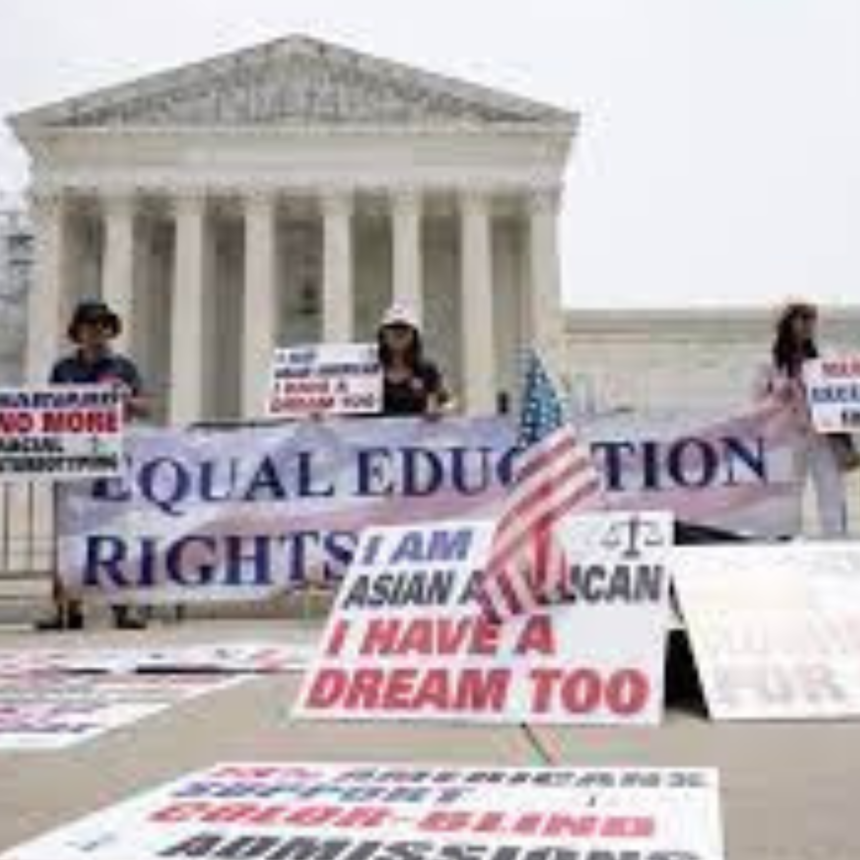In recent years, the absence of affirmative action as a central theme in Democratic campaign platforms has raised eyebrows and sparked discussions about the party’s evolving priorities. Once considered a cornerstone of progressive policies, affirmative action aims to address historical disadvantages and promote diversity in education and employment. However, its diminishing presence in campaign rhetoric calls for an exploration of the reasons behind this shift.
One possible explanation for the Democrats’ decreased emphasis on affirmative action is a strategic decision to focus on other pressing issues. The party may be prioritizing topics that have gained more mainstream attention, such as healthcare, climate change, or income inequality. By centering their campaigns on these broader issues, Democrats aim to appeal to a wider voter base and build a stronger coalition of supporters.
Another factor influencing the reduced focus on affirmative action could be the changing political landscape and the rise of identity politics. In recent years, discussions around race, gender, and social justice have become more nuanced and complex. While affirmative action remains an important tool in addressing systemic inequalities, some Democrats may perceive it as a contentious issue that could alienate certain voter demographics. Consequently, they may choose to navigate these topics more cautiously, opting for messages of unity and inclusivity that resonate with a broader range of voters.
Furthermore, legal challenges and court decisions have posed significant obstacles to the effective implementation of affirmative action policies. High-profile cases, such as Fisher v. University of Texas and Students for Fair Admissions v. Harvard, have cast a spotlight on the legality and fairness of affirmative action practices. Democratic candidates may be hesitant to fully embrace affirmative action as a campaign platform due to concerns about potential backlash or legal repercussions.
However, it is important to note that while affirmative action may not be at the forefront of campaign messaging, many Democrats still support its principles and recognize the need to address systemic inequalities. The focus may have shifted from specific policy proposals to broader narratives of equal opportunity, social justice, and dismantling structural barriers that perpetuate inequities.
In conclusion, the absence of affirmative action as a prominent campaign issue for Democrats can be attributed to strategic considerations, evolving political dynamics, and legal challenges. While its diminished presence in campaign rhetoric may raise questions, it is essential to recognize that the pursuit of social justice and addressing systemic inequalities remains a fundamental aspect of the Democratic Party’s platform, even if the specific policies and strategies have evolved over time.
